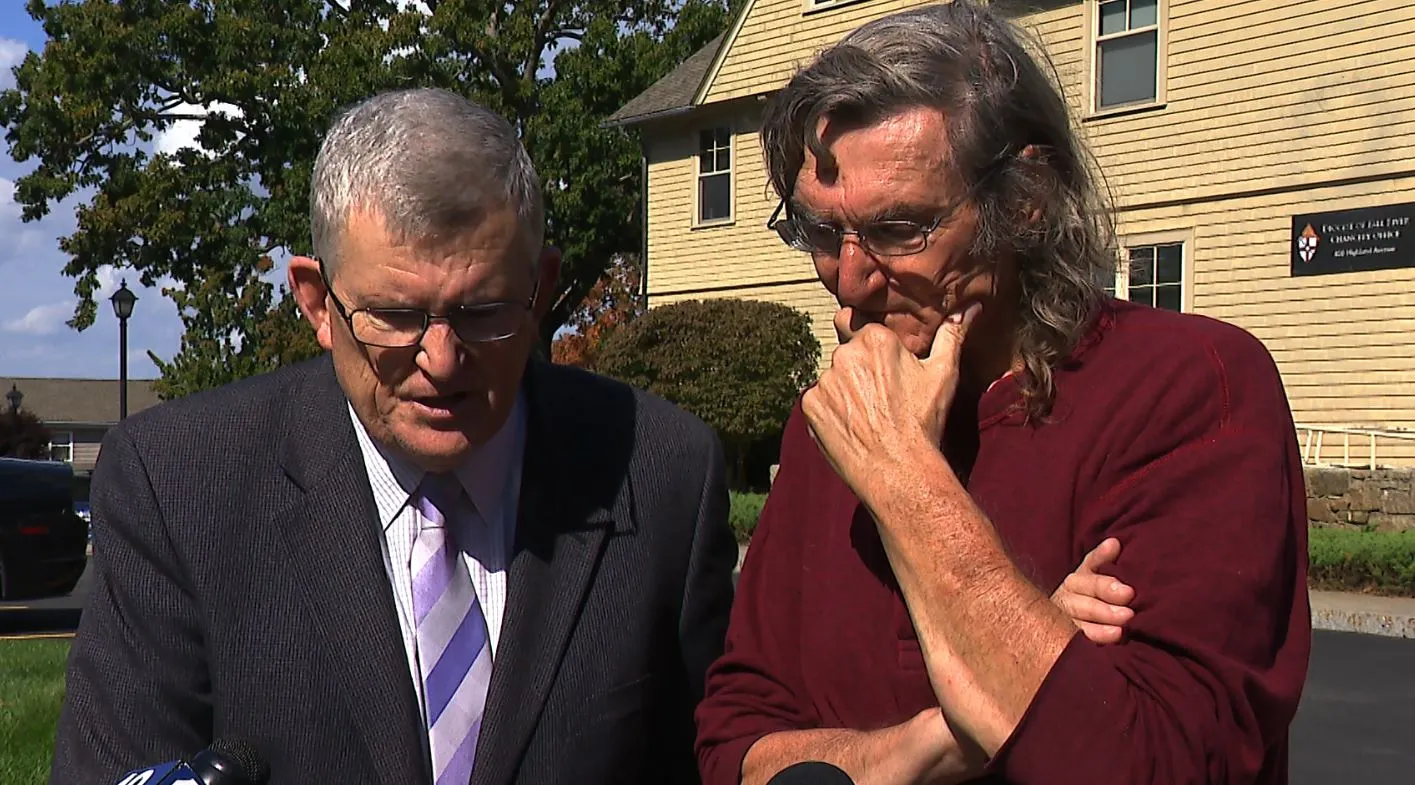In a courageous act to reclaim his voice and support fellow survivors, a 70-year-old man, who recently reached a settlement with a Roman Catholic diocese in Massachusetts, has stepped forward to share his story. The survivor, Claude Leboeuf, suffered sexual abuse at the age of 8 and emphasized the importance of speaking out about such traumatic experiences.
Claude Leboeuf, in a press conference held in Fall River, expressed his motivation for breaking his silence, stating, “My voice was taken away from me for all those years, and I want to help others like myself.” The survivor shared the profound impact of the abuse, saying, “There were a number of details that bring that memory back, painful details.” He described how these memories could trigger both physical and emotional pain, making the experience very real and ongoing.
Leboeuf, a resident of Providence, Rhode Island, reached out to Mitchell Garabedian of Boston, a renowned lawyer who has been an advocate for clergy abuse victims. The survivor disclosed that the abuse occurred in 1960 at a church in Attleboro, Massachusetts, at the hands of the Rev. James Porter. Porter, a former priest, pleaded guilty in 1993 to molesting 28 children during the 1960s and 1970s while serving in the Fall River Diocese. He was subsequently sentenced to 18 to 20 years in prison, with a later attempt to classify him as sexually dangerous to keep him incarcerated indefinitely. Porter passed away in 2005.
Mitchell Garabedian, who has represented numerous individuals who were sexually abused by Porter, confirmed the successful conclusion of Leboeuf’s case, mentioning that “a mid-five-figure settlement” was reached with the diocese. The diocese itself had previously settled with 68 other survivors who had been molested by Porter.
In the early 1990s, the Fall River Diocese implemented a policy to prevent sexual abuse by priests, acknowledging the painful history related to the actions of former priest James Porter. The diocese also offers supportive services to survivors of clergy sexual abuse and their families throughout the legal process and beyond.
Leboeuf’s case holds particular significance as it demonstrates the survivor’s ability to seek justice despite the expiration of the statute of limitations in Massachusetts for filing claims in child sexual abuse cases. This development aligns with a broader trend in the United States, where states are increasingly considering repealing time limits for child sex crime lawsuits. Vermont was the first state to eliminate such limits in 2019, followed by Maine in 2021 and Maryland in the present year. A bill in the Massachusetts Legislature related to this matter has been referred to committee.
Claude Leboeuf’s willingness to share his story serves as a testament to the resilience of survivors and the significance of advocacy for those who have endured similar experiences. It is a poignant reminder of the ongoing efforts to address and seek justice for survivors of clergy abuse.










